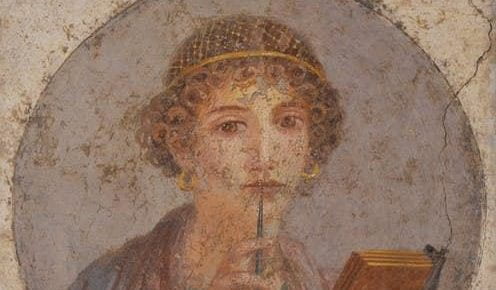Echoes in the Forest: Fable Tradition and Ovid’s Metamorphoses in Phaedrus 1.12
By Alethea Lam
Phaedrus opens Book 1 of his fables with the phrase Aesopus auctor, anchoring his work in the animal fable tradition of the legendary Greek storyteller. With this phrase, the Latin poet credits Aesop as the pioneer of the genre itself as well as the original narrator of the fables he is about to retell (Phaedrus 1.1.1). Phaedrus’s poems exhibit the classic characteristics of animal fable, namely morals communicated in promythia and epimythia, instructive narratives to demonstrate these lessons, and recurring semi-anthropomorphized animal characters whose behavior reflects stereotypes of their species.




